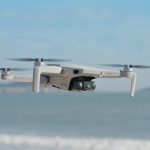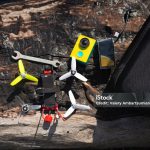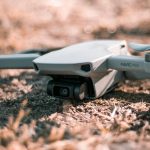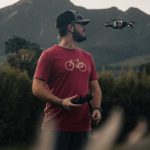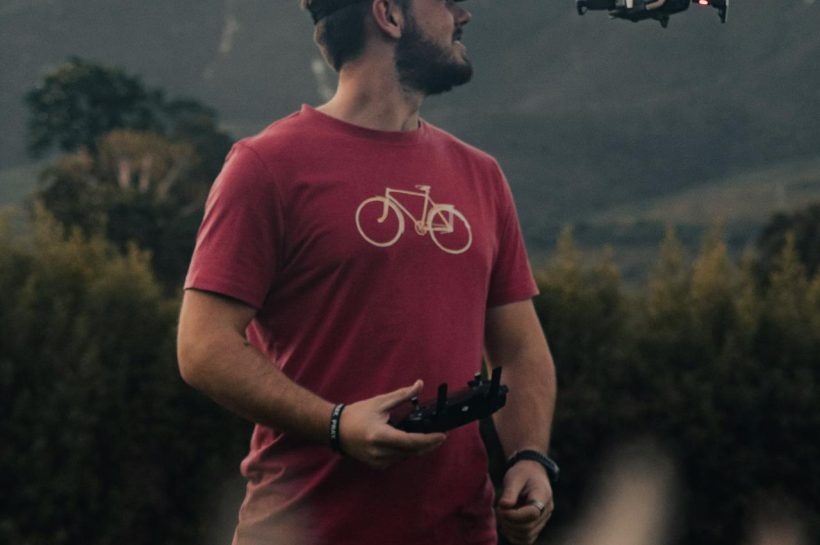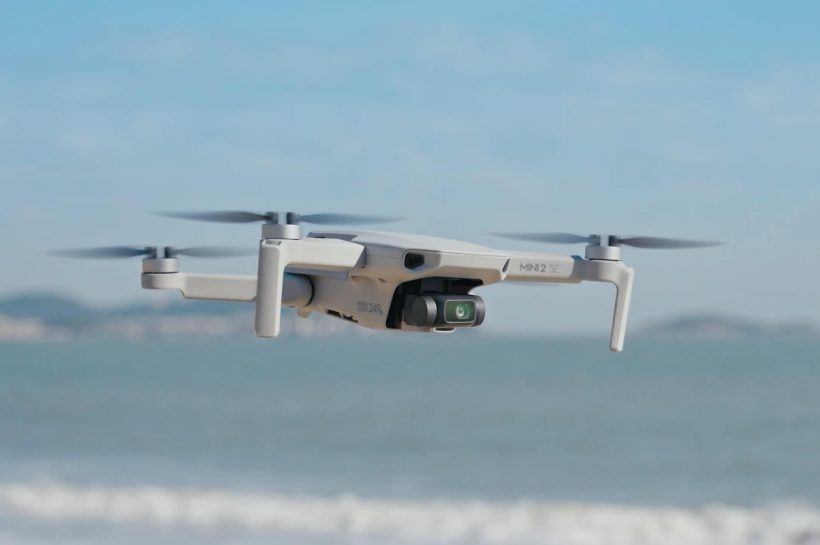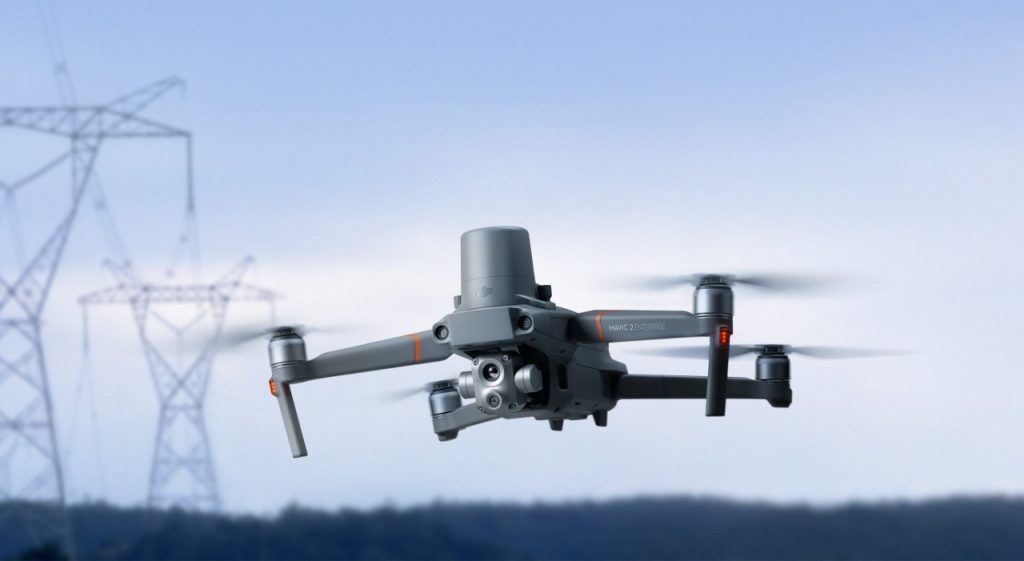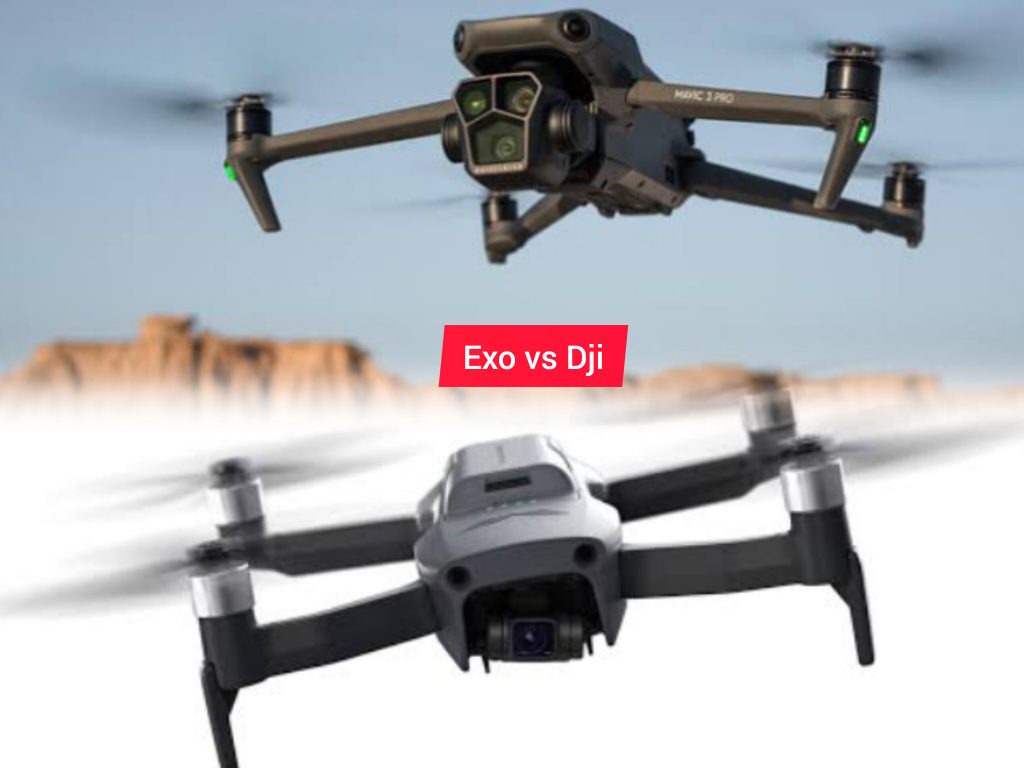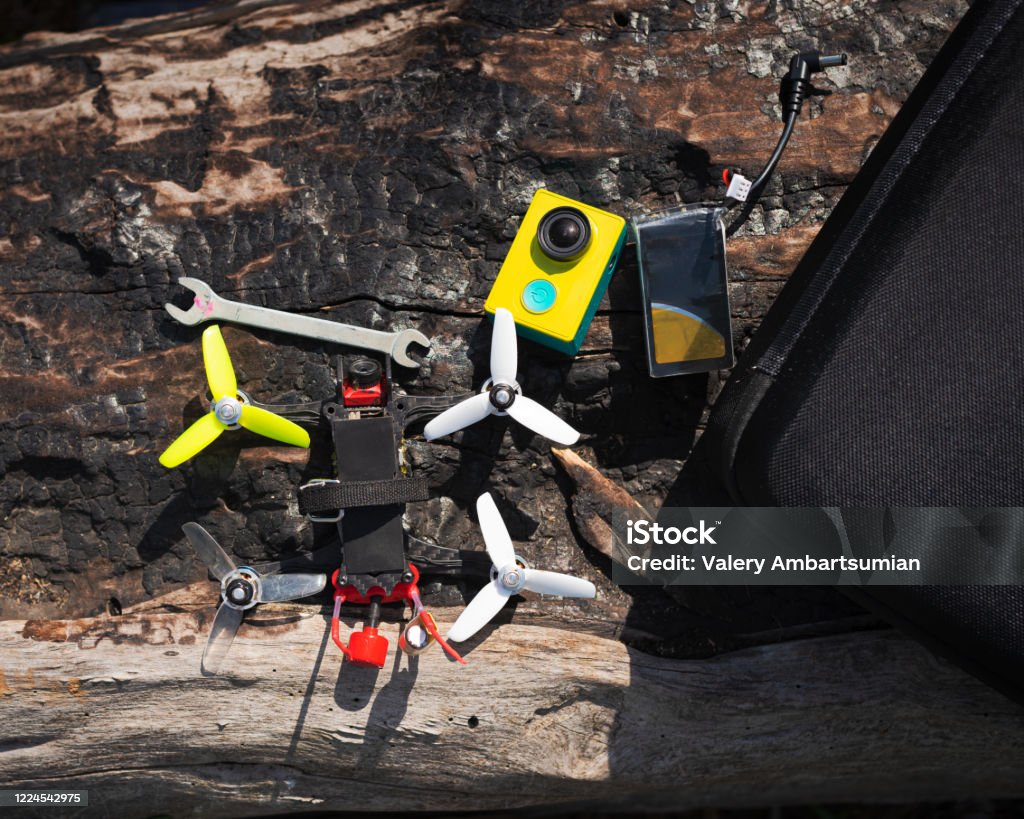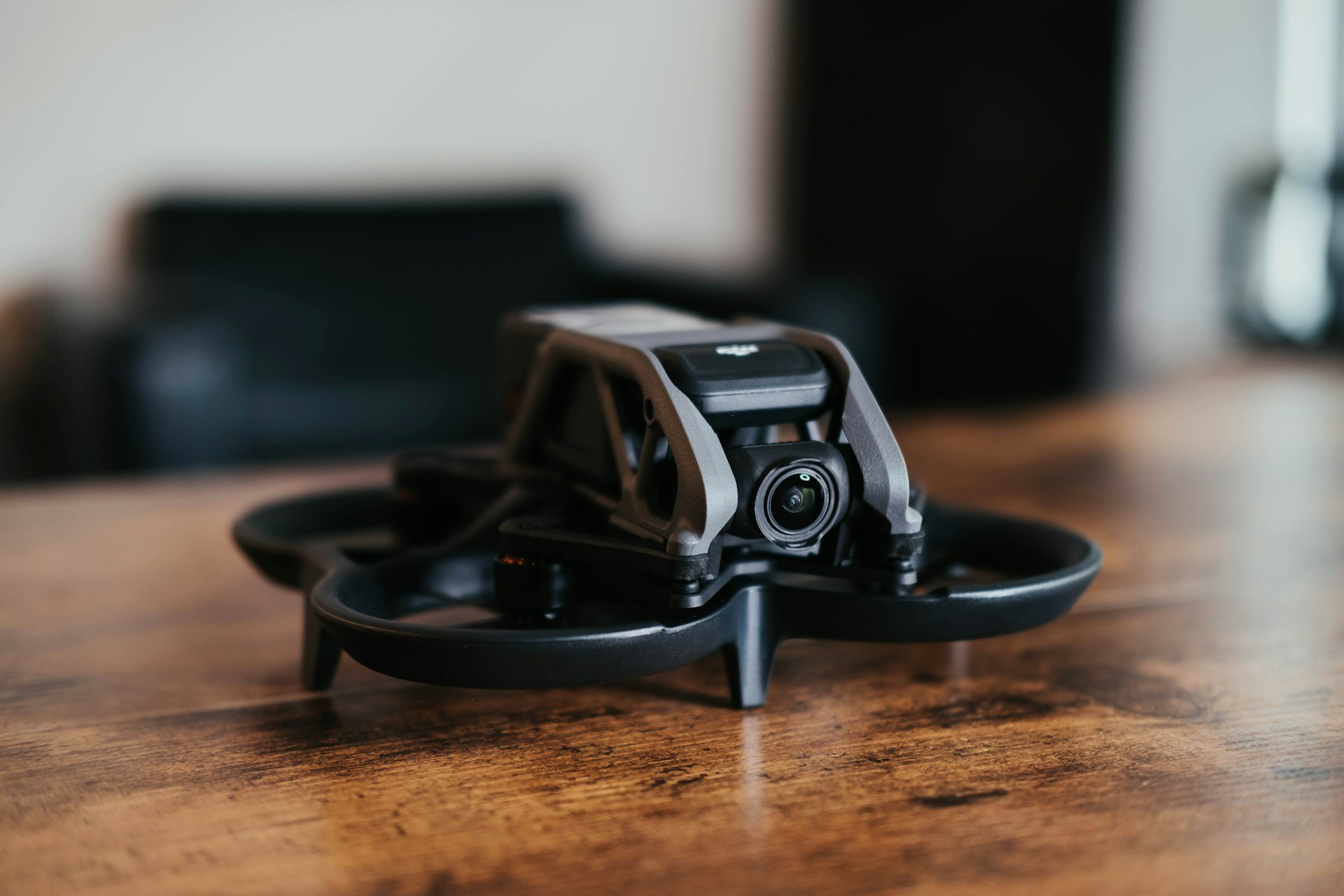As the use of drones becomes more prevalent, there are increasing concerns about the impact they may have on privacy. Drones can be used for a range of purposes, from capturing breathtaking photos and videos to delivering packages and inspecting infrastructure. However, as these devices become more sophisticated, there is a risk that they could be used to collect personal data without consent. In this post, we will explore the ethical implications of drone use and discuss some of the key privacy concerns that have been raised. We will also provide some tips on how to navigate this ethical minefield and ensure that your drone use is responsible and respectful of others’ privacy.
Introduction to privacy concerns in the age of drones
Drones have revolutionized various industries, from photography to agriculture, but their increasing prevalence has raised significant privacy concerns. As these unmanned aerial vehicles soar through the skies, capturing footage from above, questions surrounding individual privacy and data protection have come to the forefront. The ability of drones to collect vast amounts of information, often without consent, has sparked a debate on the ethical implications of their use.
In this digital age, where personal information is increasingly vulnerable to breaches and misuse, the introduction of drones adds another layer of complexity to the privacy landscape. From concerns about surveillance and data security to the potential for intrusive monitoring, the intersection of drone technology and privacy rights has sparked a pressing need for ethical guidelines and regulations to safeguard individuals’ privacy.
As we delve deeper into the ethical minefield of privacy concerns in the age of drones, it becomes crucial to navigate this evolving landscape with a critical eye towards protecting fundamental rights while harnessing the benefits that drone technology offers. Balancing innovation with ethical considerations is key to shaping a future where drones can coexist with privacy concerns in a harmonious and responsible manner.
Understanding the impact of drone technology on privacy rights
Drones have become increasingly prevalent in today’s society, offering numerous benefits across various industries. However, along with their utility comes a pressing concern regarding privacy rights. Understanding the impact of drone technology on privacy is crucial as it raises significant ethical considerations.
The ability of drones to capture high-resolution images and videos from above poses a potential threat to individuals’ privacy. Whether used for surveillance, photography, or data collection, drones have the capacity to intrude upon private spaces and activities. This raises questions about the extent of surveillance allowed by drone operators and the boundaries that must be respected.
Moreover, the proliferation of drones equipped with advanced technologies such as facial recognition and thermal imaging further complicates the privacy landscape. These capabilities have the potential to track individuals, infringe on their anonymity, and collect sensitive data without consent. As such, regulations and guidelines must be established to govern the ethical use of drone technology and safeguard individuals’ privacy rights.
By understanding the implications of drone technology on privacy rights, we can navigate the ethical minefield and ensure that advancements in this field are leveraged responsibly and ethically. Balancing the benefits of drone technology with the protection of privacy is essential in fostering a society that upholds ethical standards and respects individual rights.
Legal regulations and guidelines for drone usage
Legal regulations and guidelines for drone usage play a crucial role in ensuring the safe and ethical operation of these unmanned aerial vehicles. In the rapidly evolving landscape of drone technology, it is essential for both hobbyists and commercial operators to stay informed about the laws that govern their use.
In most countries, drone operators are required to adhere to specific regulations regarding registration, licensing, and flight restrictions. These regulations are designed to promote safety and privacy while also preventing potential misuse of drones. For instance, drones are typically prohibited from flying near airports, government buildings, and other sensitive areas to prevent security risks.
Moreover, privacy concerns are paramount when it comes to drone usage. As drones are equipped with cameras and other sensors, there is a risk of infringing on individuals’ privacy rights. It is important for drone operators to respect privacy laws and regulations, such as obtaining consent before capturing images or videos of individuals on private property.
By familiarizing themselves with the legal framework surrounding drone usage and following ethical guidelines, operators can navigate the ethical minefield of privacy concerns and contribute to the responsible and sustainable integration of drones into our society.
Ethical considerations when using drones for surveillance
When utilizing drones for surveillance purposes, it is crucial to carefully navigate the ethical considerations surrounding this technology. The ability of drones to capture high-resolution imagery and videos from various vantage points raises significant privacy concerns that must be addressed responsibly.
One key ethical consideration is the issue of consent. Individuals have a right to privacy, and drone surveillance may infringe upon this right if conducted without proper consent. It is essential to obtain consent from individuals before conducting any surveillance activities with drones, especially in private or restricted areas.
Moreover, the collection and storage of data gathered through drone surveillance raise ethical questions about data security and confidentiality. Organizations using drones for surveillance must establish robust data protection measures to safeguard the privacy and security of individuals’ information.
Additionally, the potential for misuse of drone surveillance technology underscores the importance of establishing clear guidelines and regulations governing its ethical use. Transparency about the purpose and scope of drone surveillance activities is essential to build trust with the public and mitigate concerns about privacy infringement.
By proactively addressing these ethical considerations and upholding principles of transparency, consent, and data protection, organizations can navigate the ethical minefield surrounding drone surveillance responsibly and maintain the trust and confidence of stakeholders.
Case studies of privacy breaches involving drones
Case studies of privacy breaches involving drones serve as crucial examples of the potential risks and ethical dilemmas associated with the use of this technology. One notable incident occurred when a drone equipped with a camera flew over private property, capturing intimate moments of individuals without their consent. This invasion of privacy led to legal action and raised concerns about the boundaries of surveillance in the age of drones.
In another case, a drone operator inadvertently flew their device into restricted airspace, breaching security protocols and causing disruptions to a critical infrastructure site. This incident highlighted the need for responsible drone operation and adherence to regulations to prevent such breaches from occurring in the future.
These case studies underscore the importance of maintaining strict privacy standards and ethical practices when utilizing drones. By learning from past mistakes and implementing robust privacy measures, businesses and individuals can navigate the ethical minefield surrounding drone technology and protect the rights and safety of all stakeholders.
Tips for protecting your privacy from drone surveillance
Protecting your privacy from drone surveillance is becoming increasingly important in today’s technology-driven world. As drones are being used for various purposes such as aerial photography, surveillance, and even delivery services, it is crucial to take steps to safeguard your privacy. Here are some tips to help you protect your privacy from drone surveillance:
1.Be aware of your surroundings: Stay informed about any drone regulations in your area and be vigilant when you notice drones flying overhead. Stay alert and report any suspicious drone activity to the authorities if necessary.
2. Secure your property: Ensure that your property is secure and that you have adequate fencing or barriers to prevent drones from accessing sensitive areas. Consider installing privacy screens or curtains to block any potential drone surveillance.
3. Use technology to your advantage: Invest in technology such as signal jammers or anti-drone systems to protect your privacy from unwanted drone intrusion. These devices can help disrupt drone signals and prevent them from capturing sensitive information.
4. Educate yourself about privacy laws: Familiarize yourself with privacy laws and regulations related to drone surveillance in your jurisdiction. Knowing your rights and what actions you can take in case of privacy violations is essential in protecting your privacy.
By following these tips and staying informed about drone surveillance, you can take proactive measures to safeguard your privacy and navigate the ethical minefield of privacy concerns in the age of drones.
Balancing security needs with privacy rights
Balancing security needs with privacy rights has become a critical issue in the age of drones. While drones offer valuable applications in various sectors such as surveillance, agriculture, and disaster management, their use raises significant concerns regarding individual privacy. It is essential to strike a delicate balance between ensuring security and respecting personal privacy rights.
Security measures are crucial for protecting public safety and national interests. Drones equipped with advanced technology can enhance surveillance capabilities, monitor large areas efficiently, and respond swiftly to emergencies. However, the indiscriminate use of drones for surveillance purposes can infringe upon individuals’ privacy rights and lead to concerns about constant monitoring and unwarranted intrusion into personal space.
To address these challenges, policymakers, industry stakeholders, and the public need to collaborate to establish clear guidelines and regulations that govern the use of drones. Implementing strict protocols for data collection, storage, and sharing can help mitigate privacy risks and ensure that security measures are proportionate and respectful of individual rights.
Furthermore, transparency and accountability are key principles that should guide the deployment of drones for security purposes. Clear communication with the public about the reasons for drone use, the data collected, and the measures taken to protect privacy can help build trust and foster a responsible and ethical approach to security surveillance.
By striking a balance between security needs and privacy rights, stakeholders can harness the potential of drone technology while upholding fundamental ethical principles and safeguarding individual freedoms. This delicate balance is crucial in navigating the ethical minefield surrounding privacy concerns in the age of drones.
The role of technology in safeguarding privacy from drones
In a world where technology is advancing at an unprecedented pace, it is crucial to explore how these innovations can be harnessed to safeguard privacy in the face of emerging challenges posed by drones. As drones become increasingly prevalent in various sectors such as surveillance, delivery services, and recreational activities, concerns about privacy infringement have escalated.
Technology plays a pivotal role in addressing these privacy concerns associated with drones. One such technological solution is geofencing, a virtual perimeter that can be established around sensitive areas to prevent drones from entering restricted zones. This technology can be integrated into drone systems to ensure compliance with regulations and respect for privacy boundaries.
Furthermore, advancements in artificial intelligence and machine learning have enabled the development of sophisticated algorithms that can detect and blur faces or license plates captured by drone cameras in real-time. By leveraging these technologies, privacy can be preserved without compromising the utility and functionality of drones in various applications.
In addition, encryption and data protection measures can be implemented to secure the communication channels between drones and ground control stations, ensuring that sensitive information collected during drone operations remains confidential and inaccessible to unauthorized parties.
As we navigate the ethical minefield of privacy concerns in the age of drones, the responsible integration of technology is essential in striking a balance between innovation and privacy protection. By leveraging technological solutions that prioritize privacy safeguards, we can foster a future where drones coexist harmoniously with respect for individual privacy rights.
Public opinion on drone usage and privacy concerns
A recent survey conducted on public opinion regarding drones revealed a mixed bag of perspectives. While some individuals view drones as innovative tools with vast potential for positive applications, others express deep reservations about their impact on privacy rights. The ability of drones to capture images and videos from vantage points that were previously inaccessible has raised valid concerns about surveillance and data collection without consent.
Public opinion on drone usage and privacy concerns is a crucial aspect to consider in the ongoing conversation surrounding the ethical implications of drone technology. As drones become increasingly prevalent in various industries and personal use, concerns about privacy violations have grown in parallel.
Moreover, the lack of clear regulations and guidelines on drone usage adds another layer of complexity to the issue. Without robust frameworks in place to govern the operation of drones and safeguard individual privacy, the potential for misuse and infringement on personal freedoms remains a significant worry for many.
In navigating this ethical minefield, it is essential for stakeholders, including policymakers, industry players, and the general public, to engage in constructive dialogue and collaboration. By addressing public concerns, advocating for responsible drone usage, and advocating for strong privacy protections, we can strive towards a more balanced and ethical integration of drones into our society.
Conclusion: Navigating the ethical minefield of privacy in the age of drones
As we conclude our exploration of the ethical minefield surrounding privacy in the age of drones, it is evident that careful consideration and proactive measures are essential to navigate this complex landscape successfully. The rapid advancement of drone technology has presented unparalleled opportunities for various industries, from agriculture to filmmaking, but it has also raised significant concerns regarding privacy infringement and data security.
In this ever-evolving digital era, where drones can capture high-resolution imagery and collect vast amounts of data, it is crucial for individuals, businesses, and policymakers to collaborate in establishing clear guidelines and regulations to safeguard personal privacy rights. Balancing innovation and technological progress with ethical considerations is paramount to ensure that drones are used responsibly and ethically.
As we move forward, it is imperative for drone operators to prioritize transparency, consent, and data protection in their operations. Implementing robust security measures, obtaining necessary permits, and respecting no-fly zones are just a few steps that can help mitigate privacy risks and foster a culture of ethical drone usage.
Ultimately, by fostering open dialogue, promoting ethical practices, and embracing accountability, we can navigate the ethical minefield of privacy in the age of drones responsibly and ensure that the benefits of drone technology are realized without compromising individual privacy rights. Together, let us embrace the opportunities presented by drones while upholding the fundamental principles of privacy and ethical conduct in this dynamic technological landscape.
In conclusion, the ethical implications of drone technology on privacy are complex and multifaceted. As drones become more prevalent in various industries and everyday life, it’s crucial to navigate this ethical minefield with caution and thoughtful consideration. Balancing innovation with respect for individual privacy rights is key to ensuring that drone technology benefits society without infringing on fundamental liberties. By staying informed, advocating for responsible drone use, and participating in discussions surrounding privacy concerns, we can collectively shape a future where drones enhance our lives ethically and responsibly. Thank you for reading and engaging in this important conversation.
